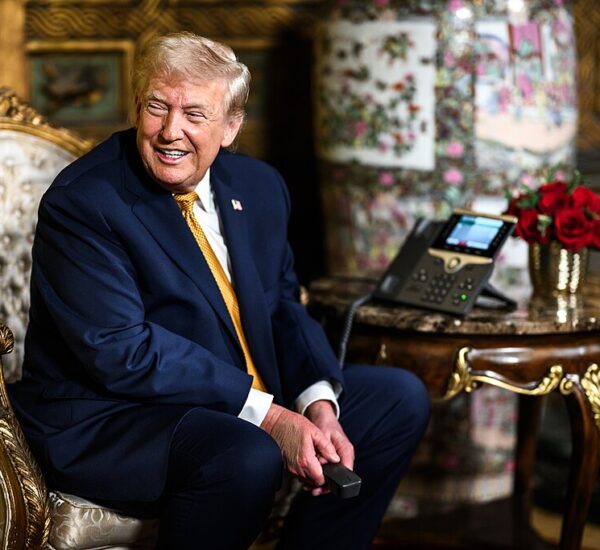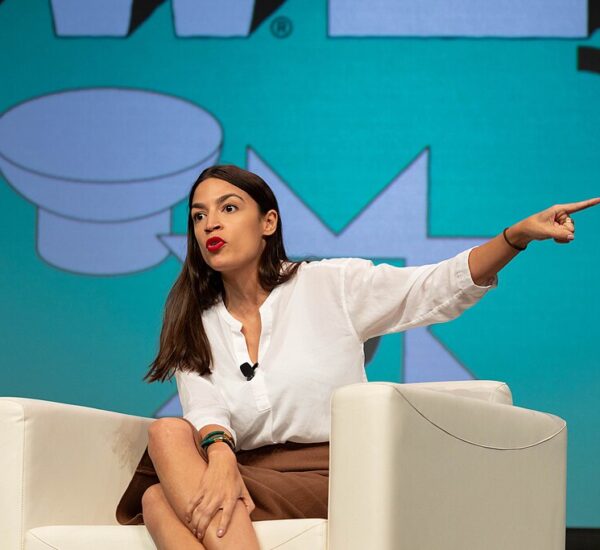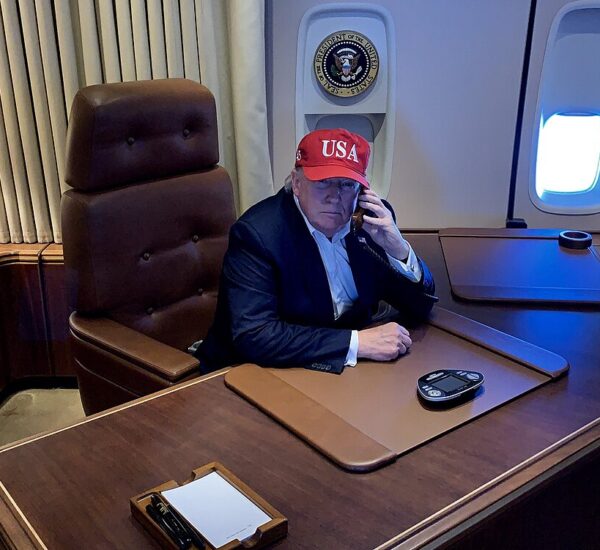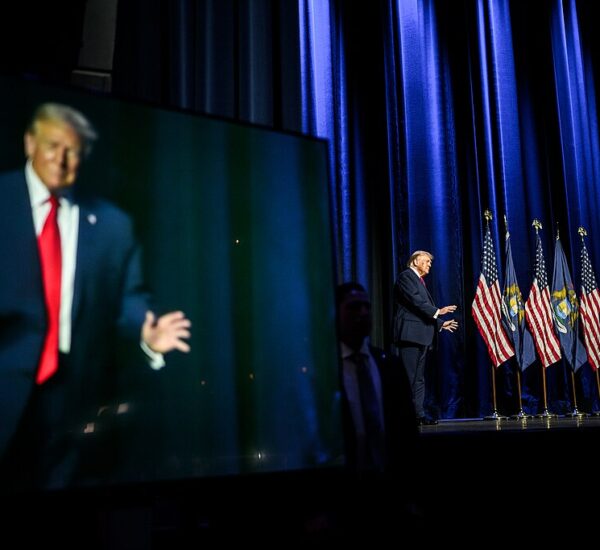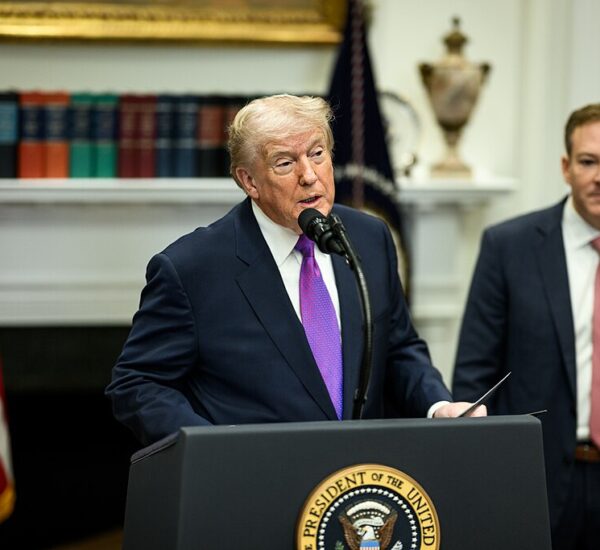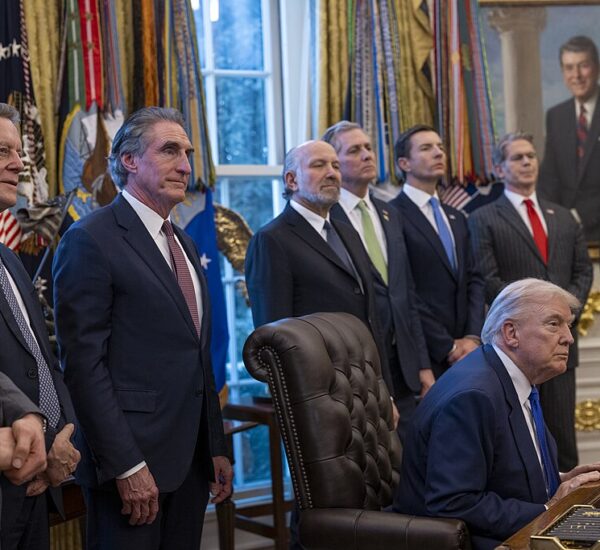Automaker Says Trump Hurting Them
President Donald Trump has unveiled a powerful new trade agreement with Japan that slashes tariffs and opens doors for U.S. exports. But some American automakers are warning that the deal could create an uneven playing field—especially for companies that rely on U.S.-made steel and parts.
At the heart of the agreement is a 15% tariff on Japanese auto imports, a major reduction from the 25% tariff originally threatened. The administration hails it as a game-changer for American workers, with the White House projecting hundreds of thousands of new jobs and a more balanced economic relationship with Tokyo.
But not everyone is celebrating.
U.S. Automakers Warn of Foreign Edge
Matt Blunt, president of the American Automotive Policy Council—which represents GM, Ford, and Jeep-maker Stellantis—says U.S. manufacturers may be at a disadvantage.
“This deal allows Japanese vehicles in without requiring American parts or labor,” Blunt said. “Meanwhile, our workers are facing steel and aluminum tariffs up to 50%, and 25% on vehicle parts—unless they fall under USMCA exemptions.”
In other words, American companies could be penalized while foreign automakers benefit.
Trade Policy Comes With Real-World Stakes
This tension shows the tough balancing act of rebuilding American industry while playing hardball on trade. States like Michigan, Wisconsin, and Ohio, where auto jobs are a way of life, will be closely watching how this deal plays out.
Despite the concerns, Trump is staying the course. The $550 billion in Japanese investment—promised under this deal—is set to flow into American infrastructure, factories, and development projects, all under the president’s direction.
American Cars Headed to Japanese Showrooms?
One major breakthrough: Japan has agreed to remove barriers that blocked U.S. cars from entering its market. Detroit-built vehicles could soon be shipped directly to Japanese dealerships without modification, a long-awaited win for American automakers.
But there’s skepticism about whether Japanese consumers will actually buy them. Currently, foreign-made cars make up just 6% of Japan’s market.
“This is a very tough market to break into,” Blunt admitted. “Even with these new rules, don’t expect major gains overnight.”
Will Other Countries Follow Japan’s Lead?
Analysts say Japan may have agreed to a flat tariff just to avoid being targeted by Trump’s unpredictable tariff hikes.
Karl Brauer, executive analyst at iSeeCars, says Japan’s deal gives them a cost advantage over rivals. “This could be the first domino in a series of bilateral deals as other nations realize long-term certainty beats short-term trade fights.”
The group Autos Drive America, representing Toyota, Honda, and Nissan, applauded the framework. Their members have outproduced U.S. automakers on American soil for two straight years, a fact often overlooked in the trade debate.
They’re urging the Trump administration to sign similar deals with Canada, South Korea, and the European Union.
The Bigger Picture: America First Trade is Reshaping the World
President Trump has made it clear: American jobs come first. While automakers may grumble over costs, this deal represents a massive shift toward bilateral trade deals that put U.S. interests at the center.
With the USMCA up for review next year, expect more changes that could level the playing field even further.
“Negotiations with Canada and Mexico are coming,” said auto analyst Sam Fiorani. “In the end, tariffs could even out. But right now, nobody’s in a hurry.”
As Trump reshapes the global economy, one thing is certain: America is no longer playing second fiddle in trade.

